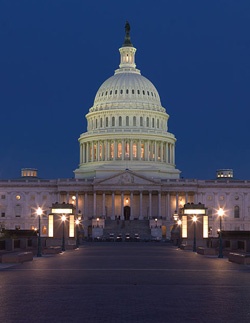Fatherly
So what do working parents really need? We rounded up six experts all of whom have different expertise about the needs of working parents, and asked each of them just that. Answers ranged from far-reaching policy changes to simple respites from the grind of working from a home filled with stir-crazy children. Here’s what they said.
Working Parents Need a Working Child Care System
America’s childcare system was in tatters before COVID. The U.S. spends less than 0.5 percent of our GDP on child care, far less than most industrialized countries. American child care funding relies on a patchwork of funding sources, often overburdening parents and keeping quality care inaccessible for low income families. The number of child care providers fell short of the demand for child care before the pandemic and dwindled further as centers shuttered under lockdown. Child Care Aware of America CEO Lynette M. Fraga says America urgently needs to repair its broken child care system.


 T
T
